This day 46 years ago: A near Indian triumph
Share
Errol D’Cruz
The Ganesh festival is on in India with its customary joy and gaiety. In 1973 as the festivities were on, India led by MP Ganesh attempted to win their first ever World Cup hockey title thousands of miles away in Amstelveen, The Netherlands.
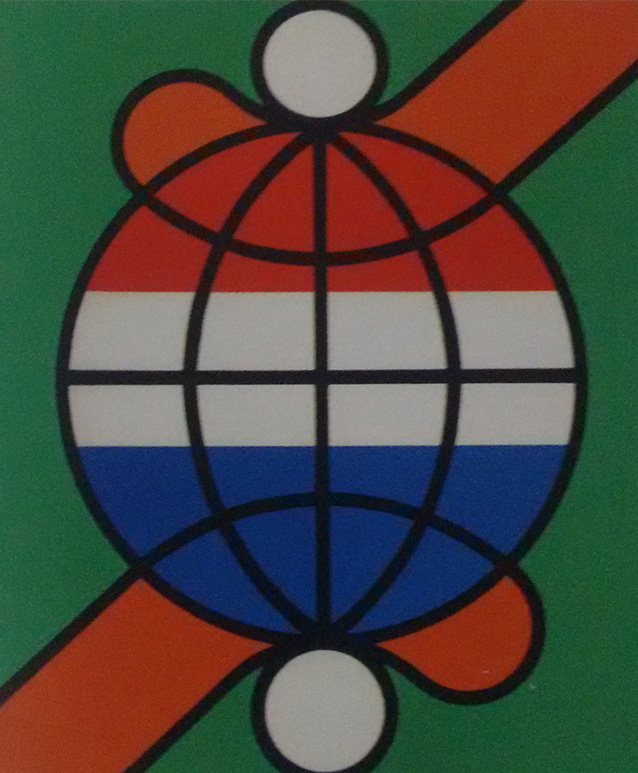
1973 World Cup logo
A photo of the magnificent trophy went along with the preview of the final in The Times of India with the caption: Will India win the World Cup with the Lord’s help?
It was a clever play on the name of the Indian captain while invoking the blessings of Lord Ganesh. But on a fateful Sunday in September at the Wagener stadium, despite a spirited performance by Ganesh and his team, India did everything but lift the coveted trophy.
India, well placed at 2-0 up within 9 minutes minutes of play, went down to the hosts The Netherlands 2-4 in a penalty shoot-out after the teams were locked 2-2.
It was a defeat that rankles till this day. One suffered after coming agonizingly close to winning the final that India dominated. None more so when in sudden-death extra-time Govinda stepped up to take a penalty stroke. He just had to find the net and India would keep their rendezvous with the top podium.
Tension was palpable. Piling on the pressure was India’s abject record from the spot. Harmeek had missed a stroke against Pakistan in the semifinals. Govinda himself came a cropper against West Germany in a 0-0 draw in the pool engagement.
His adversary Martin Sikking in the Dutch goal, by contrast, rode a crest. Sporting a face mask, a rarity then, he was the shootout hero in the semifinal win over Germany. You could hear a pin drop when Govinda, wearing his customary head band, crouched to deliver his essay. His body language, though, not the best. Govinda’s flick was feeble and it went straight to Sikking who blocked with minimum of fuss. Silence gave way to a deafening cheer and a return of the 12,000 partisan crowd’s chants of “H-o-l-l-a-n-d” along with a melodious clapping of hands.
Ganesh, the ebullient right-winger reflected on that moment. “My heart was in my mouth,” he said from New Delhi. He agonizes over that defeat till this day. But he swells with pride when he thinks of the fitness levels his players had achieved.
“We played 115 minutes in the final and we proved that we were fitter than any of the other teams in the competition,” Ganesh reflected. 
You couldn’t dismiss the touch of destiny when you consider the Dutch came close to losing so often in the final. Even after Govinda muffing a penalty stroke.
And one such passage of play emanated from Ganesh’s electrifying run down the flank after stealing the ball from the Dutch in midfield.
Ganesh crossed for Ashok Kumar who thought he had scored but Andre Bolhuis saved the Dutch with a lunging goal line save. “I don’t know where he (Bolhuis) came from. I wish Ashok had hit the ball instead of pushing it. I think he would have scored and we would have won the World Cup,” Ganesh added.
The hosts couldn’t be more delighted given India’s travails with penalty strokes. India, on their part, went into the tiebreaker with trepidation. How different were things at the start of the match when Surjit Singh’s rasping drives shell shocked the Dutch and their vociferous fans.
Ties Kruize then reduced the margin from a penalty stroke that came from a penalty corner. The Dutch star flicked high to the right of Charles Cornelius’ goal in the 16th minute.
Kruize scored his second from a penalty corner to level scores at 2-2 eight minutes into the second half but India held sway for much of the remainder of the match.
Even after two periods of extra time failed to resolve the deadlock, two periods of sudden-death followed but the scores remained level. Paul Litjens beat Charles with the first stroke in the shootout, enjoying the rub of the green as the ball trickled into the right corner of the goal.
Poor Govinda failed again from the spot — Sikking bringing off a spectacular save. Kruize scored to make it 2-0, this time with a low flick. Harmeek then found the net for India. Zweerts, though, put Netherlands 3-1 ahead before Ajitpal pulled one back for India. Charles then thwarted Kranenberg in splendid fashion and it gave India a chance to level. All eyes were on Harcharan Singh but he produced a wayward shot that went wide off Sikking’s right post.
Bart Taminiau then, confidence oozing, audaciously took the stroke as the umpire blew the whistle sending the ball high into the net, taking Cornelius completely by surprise. It brought the Netherlands their first of three World Cup titles and their first ever major success.
Renowned journalist Patrick Rowley described it as “nothing more nor less than a fairy tale”.
After all, the Dutch came so close to bowing out of the title race so often in the tournament. They made the semifinals with late goals in a 2-1 win over England after trailing with 13 minutes to go. They had drawn their opener 0-0 against Argentina who all but won and lost the next match against a new look Pakistan 1-2.
But, reportedly using the fluid formation of the famous Ajax Amsterdam football club, regrouped to beat Belgium 4-1 and Malaysia 4-0 before edging past an impressive England to enter the last four.
The contrasting emotions at the Wagener Stadium after the final said it all. The Dutch fans swarmed the pitch, chairing their heroes. Distraught Indian players lay or stood transfixed to their spots, many sobbing disconsolately. It was a cruel blow to a team that promised to live up to their pre-tournament billing.
Coach R.S. Gentle declared before the tournament, “I’ll eat my hat if this team doesn’t win the World Cup.” India all but did.
They took the pitch in the final with a goal record of 13-1 with victories over Japan (5-0), Kenya (4-0), Spain (2-0) and draws against Olympic champions West Germany (0-0) and New Zealand (1-1).
A 1-0 win over arch rivals Pakistan decided by one of the best goals in history by Govinda — a reverse flick on the run — booked a place in the final and a chance to improve on bronze in Barcelona in the inaugural World Cup two years prior. Govinda, however, failed with the simplest of opportunities in the final.
Ganesh, now 73, tries to soothe the pain almost half a century later. “The experience helped the players and it made for our first (and only) World Cup triumph in Kuala Lumpur two years later,” he said while calmly reflecting on one of Indian hockey’s greatest moments which arrived after he called a halt to his international career.
****
www.stick2hockey.com is India’s oldest hockey website. Launched in 1999, the website, edited and owned by hockey historian and author K. ARUMUGAM, has covered all
major tournaments and events with precision. www.stick2hockey.com is the first site in the hockey world to bring viewers live text commentary and duly entered the prestigious Limca Book of Records. If vintage stories are what you are looking for, this site is the right one for you. You will also find pictures, some of them among the rarest, images of precious newspaper clippings, match reports, news breaks, interviews, features, statistics and history on a site respected by one and all in the hockey world.

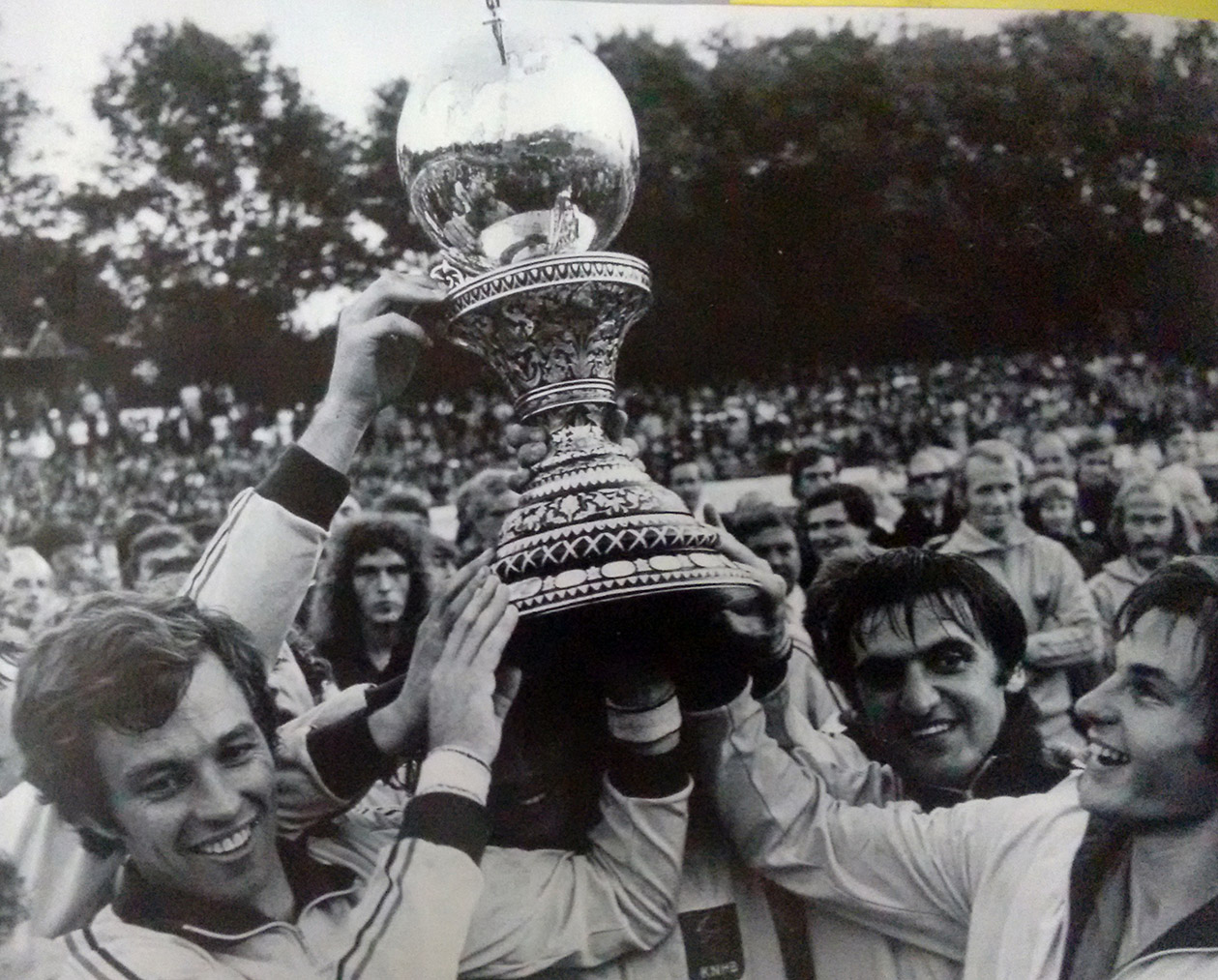
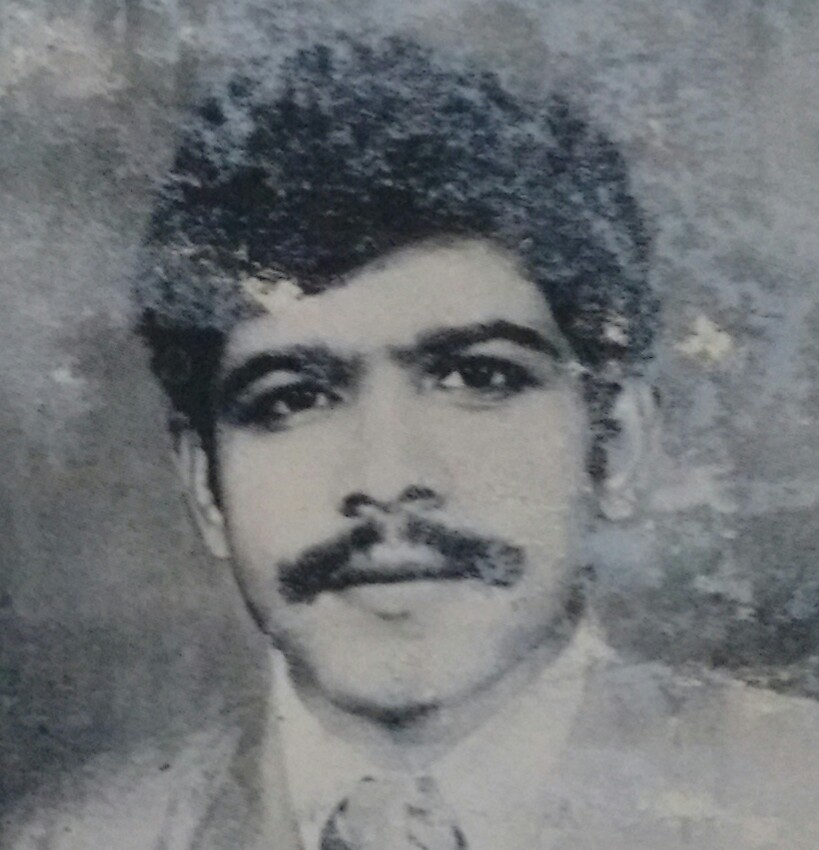
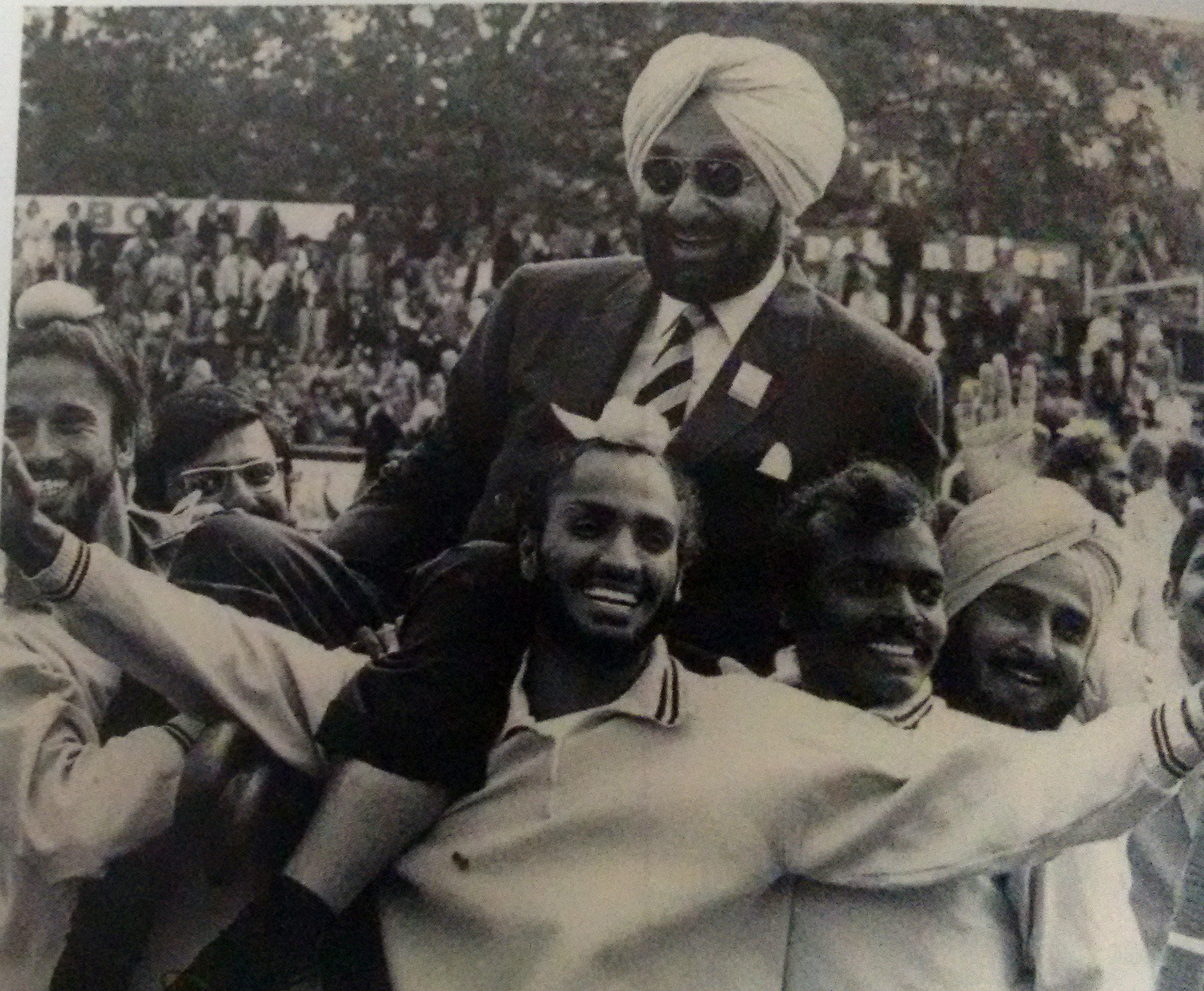
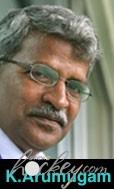 major tournaments and events with precision. www.stick2hockey.com is the first site in the hockey world to bring viewers live text commentary and duly entered the prestigious Limca Book of Records. If vintage stories are what you are looking for, this site is the right one for you. You will also find pictures, some of them among the rarest, images of precious newspaper clippings, match reports, news breaks, interviews, features, statistics and history on a site respected by one and all in the hockey world.
major tournaments and events with precision. www.stick2hockey.com is the first site in the hockey world to bring viewers live text commentary and duly entered the prestigious Limca Book of Records. If vintage stories are what you are looking for, this site is the right one for you. You will also find pictures, some of them among the rarest, images of precious newspaper clippings, match reports, news breaks, interviews, features, statistics and history on a site respected by one and all in the hockey world.
